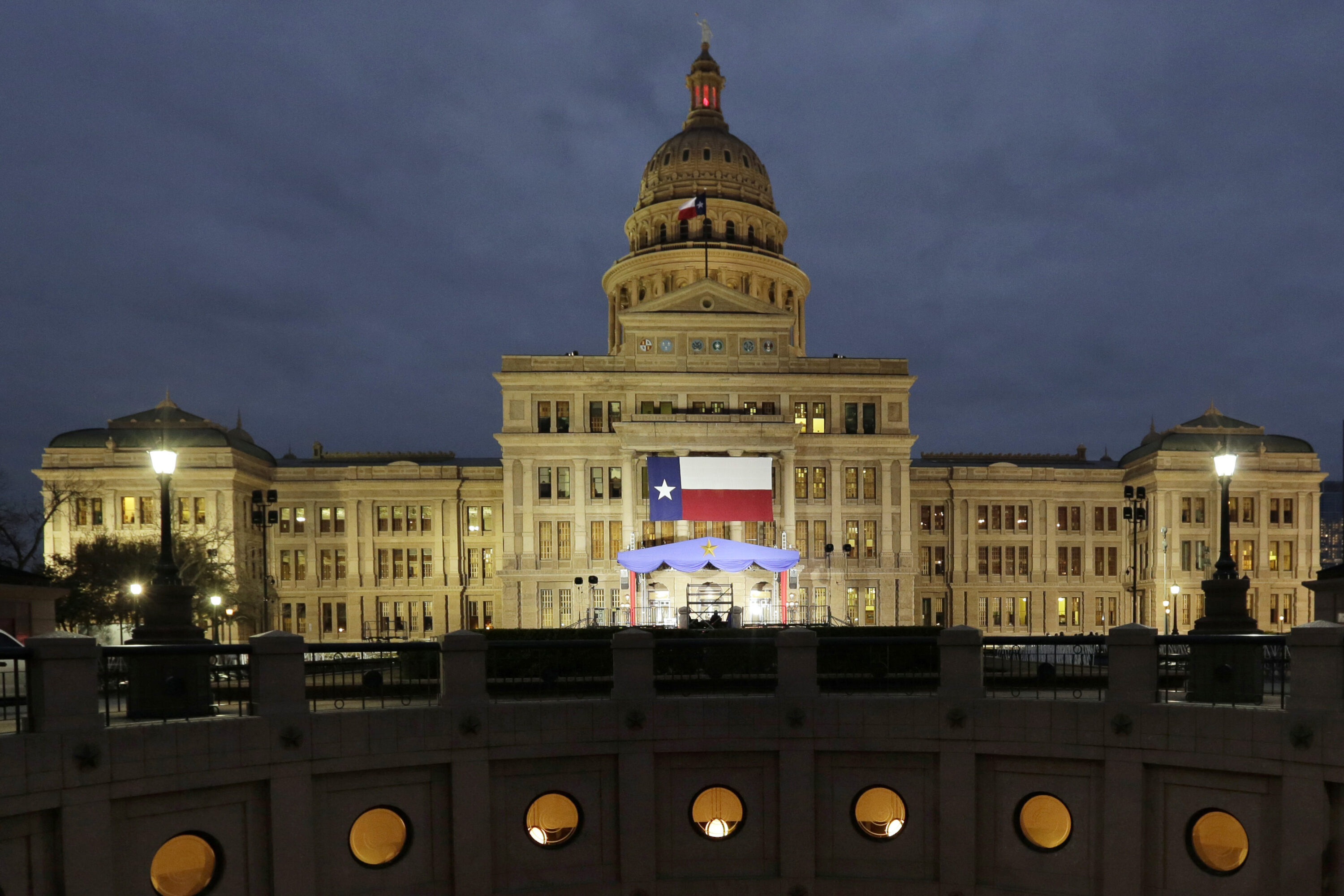Republican state lawmakers will make another push to bar local governments from spending public funds on lobbying. A ban is all but certain to pass the Senate, but its prospects in the House are less clear.
State Senator Mayes Middleton (R-Galveston) has repeatedly sought to bar local governments from using tax dollars to hire lobbyists. He filed his latest version as Senate Bill 239. Five Republican House members have filed identical or similar bills.
“Over $70 million a year is spent on this right now, and it’s always the first bill I file every single session because of that,” Middleton said, “It’s an unethical practice, and It’s a waste of your local property tax dollars.”
Middleton argued that local governments too often use public funds to lobby against their citizens’ own interests and wishes.
“Taxpayer-funded lobbyists, they lobby against property tax relief and reform,” he said. “They lobby against election integrity. They’ve lobbied against border security. They even lobbied to get boys into girls’ restrooms, locker rooms and showers.”
Political scientist Mark Jones of Rice University’s Baker Institute said that cities and counties have, in fact, frequently lobbied lawmakers against property tax cuts as a way of preserving their revenue streams. But he also noted that lobbyists have often fought for causes Texas voters broadly support.
“We found that an overwhelming majority of Texans favor increasing teacher pay, and that’s one thing that the school districts are lobbying for,” Jones said.
Indeed, apart from property tax reform, most of the issues Middleton named – election law, immigration and border security, and LGBTQ rights – are ones on which Texans divide sharply along partisan lines. These are also issues on which Republican state leaders tend to split with Democratic leaders who represent the state’s largest cities and counties.
The last several legislative sessions have seen Republican state leaders pass multiple bills restricting local government powers. The most notable has been House Bill 2127, also known as the “Death Star” law, which lets private entities sue Texas cities and counties over local regulations in any of eight broad areas that don’t have prior approval from the state Legislature.
Asked whether he would support a similar ban on corporate lobbying to protect shareholders and customers from having their money used for lobbying against their wishes, Middleton said there was no comparison.
“Here’s the problem with taxpayer-funded lobbying,” Middleton said. “You don’t like what Bud Light is doing? Don’t buy Bud Light. If you don’t like what Target is doing, don’t shop at Target, so you don’t have to pay their lobbyists. But if you don’t like what your local government is lobbying on, you quit paying your property taxes, and then what happens? They foreclose in your business or a home.”
Middleton correctly noted that the last time the University of Houston’s Hobby School of Public Affairs polled on the question of using public funds for local government lobbying, in 2021, an overwhelming majority of respondents (69%) supported a ban. But Mark Jones, who co-authored the study, said that it only reflected those Texans who had a position on the issue. One in five Texans polled had no position either way.
Middleton was optimistic about the chances for SB 239 in the coming session. He noted a lobbying ban passed the Senate in 2019, 2021, and 2023. Each time, the measure subsequently failed in the House.
“Now there are many new state representatives that support the ban on taxpayer-funded lobbying,” Middleton said. “The chances are better than ever, and I’m confident that we’ll be able to get this done next session.”
Jones predicted SB 239 should fly through the Senate. But he said what happens afterwards will largely depend on whom Texas House chooses as its next speaker. State Reps. David Cook (R-Mansfield) and Dustin Burrows (R-Lubbock) each claim to have the votes they need – Cook through the endorsement of the majority of the House Republican Caucus, Burrows through a coalition of Democrats and moderate Republicans, including outgoing Speaker Dade Phelan. House members will make their choice at the start of the regular session in January.
“If Dustin Burrows is elected speaker, with the support of the Austin lobby(ists) and Democrats, along with a small group of Republicans, then a ban on taxpayer-funded lobbying is probably dead on arrival,” Jones said. “If you have a speaker who depends heavily on Republican conservative votes to retain remain in power, it’s likely to pass.”
